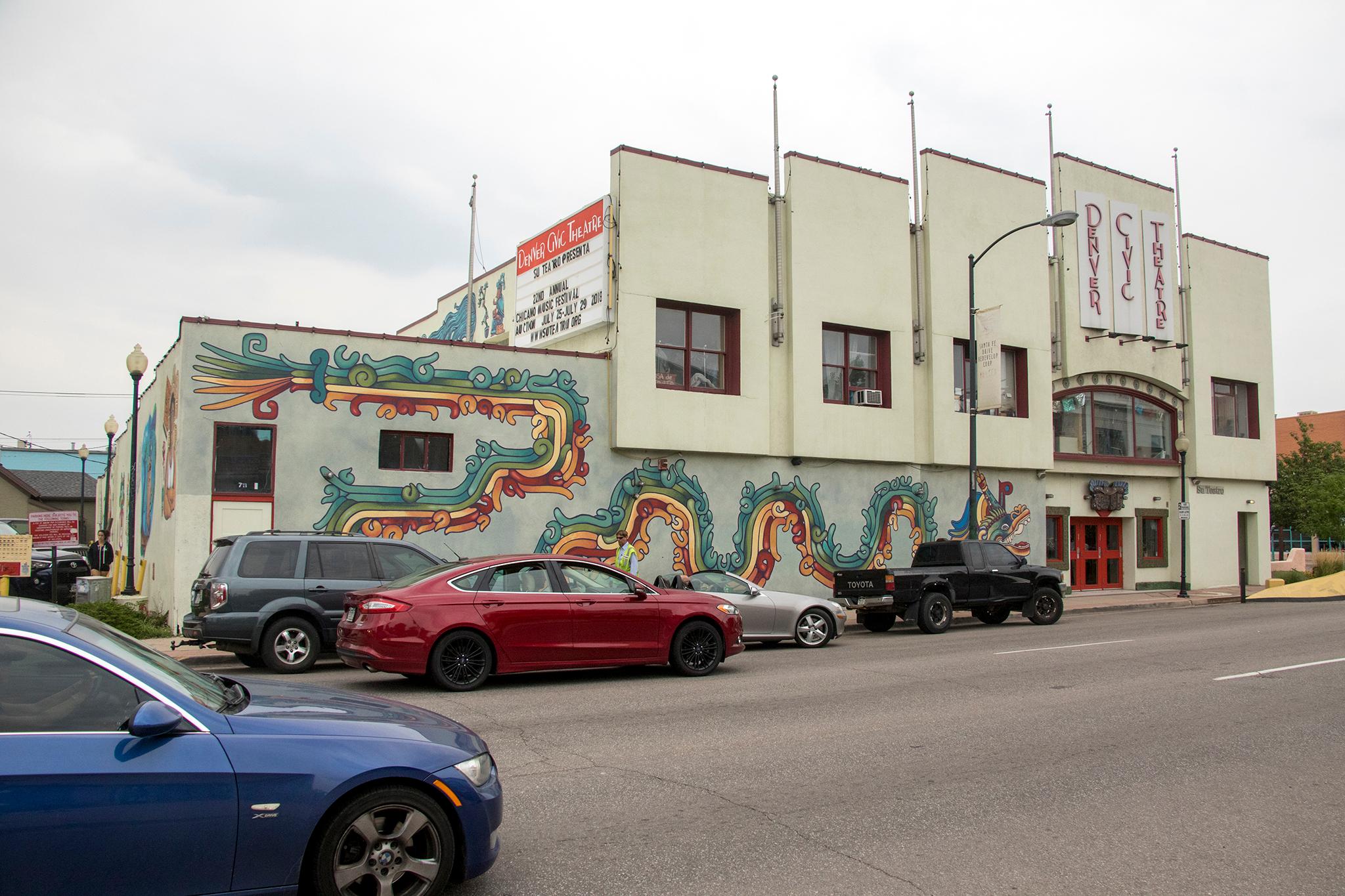Su Teatro Cultural and Performing Arts Center paid its debt, and the former Denver Civic Theatre is now in the group's hands. Unlike most arts and culture nonprofits in the Art District on Santa Fe, the organization actually owns its building.
Now, the troupe will burn its mortgage at 4 p.m. on the last Friday in January.
"What better way to celebrate a fiftieth anniversary than by announcing to the community that in the world of gentrification and developers buying up Santa Fe Drive that Su Teatro would guarantee that our community would have this space for as long as we're around," said Executive Artistic Director Tony Garcia.
That would have been hard to believe 50 years ago and forty-some productions later, when Garcia joined the fledgling company.
Su Teatro's founding wasn't exactly auspicious.
The theater troupe was born from a hamfisted effort from the University of Colorado to diversify. At the time, among the thousands of students attending the university, few were Latino. The system was trying to increase the number, but not all the leaders were on board.
Late CU Regent Joe Coors, of the Coors beer dynasty, wasn't thrilled with the idea of letting more attend the school.
"He felt that letting in minority students would lower academic standards," Garcia said. "So the Regents required all incoming Chicano students to take a remedial reading class."
The professor tasked with teaching the class was appalled.
"She said, 'You know what? I think it's insulting to ask these people who were born here, raised here, grew up speaking English and Spanish, to take a remedial reading class. What I'll do though is do a theater class. We'll do an Intro to Chicano Theater class. And our students will read and write in English and in Spanish, and then they will perform the things that they read and write.'" Garcia recalled.
The students decided they wanted the productions to be for the Chicano community and called their group Su Teatro, or your theater.
Garcia, himself, was an aspiring musician. He played music with a student the troupe wanted to recruit. The two came as a package deal, so when his friend was brought into the fold, Garcia came along, too.
Soon he was writing plays. And when he was dissatisfied with how they were performed, he mandated he direct them, too. And he kept doing that. For decades.
Over the years, Su Teatro has explored the stories of the Chicano community from Denver and beyond, performing both locally and also nationally.
The company has become a major player in the Denver theater scene, and Garcia has established himself as both a writer and director and an arts advocate.
Su Teatro has only been in its current location since 2010, when it purchased the former Denver Civic Theatre at the urging of now Senator and then-Mayor John Hickenlooper. The troupe had grown out of its longtime home at the old Elyria School in Northeast Denver.
From the beginning, Su Teatro has specialized in agitprop and political theater. One of its most recent productions, Colorado Poet Laureate Bobby LeFebre's "Northside," a look at gentrification in Denver's Northside, was such a smash that the money earned allowed the group to pay off what it owed.
"We were able to probably generate more than $300,000 worth of income out of that production," Garcia said. "That was a phenomenon for us. And so it really engaged our audiences, our communities. We were able to start giving them the vision that we were going to pay this off."
Not all arts groups have been so lucky.
Several galleries from the Art District on Santa Fe have closed or moved to the suburbs. But none was more crucial to the neighborhood's Chicano community than the Chicano Humanities and Arts Council.
CHAC Gallery had been a staple for decades on Santa Fe Drive and in recent years had moved down the street after turning down an offer to buy its old building. The new digs proved too expensive, and ultimately the group was priced out and packed up for Lakewood's 40 West Arts District earlier this year.
Amid rapid development, the community, said Garcia, is facing a question of who belongs. CHAC should have been able to stay in its building, and he's thrilled Su Teatro will.
"Now we own it," he said. "Now we're here and this is where we belong. It challenges that concept of 'Go back to where you came from.'"











